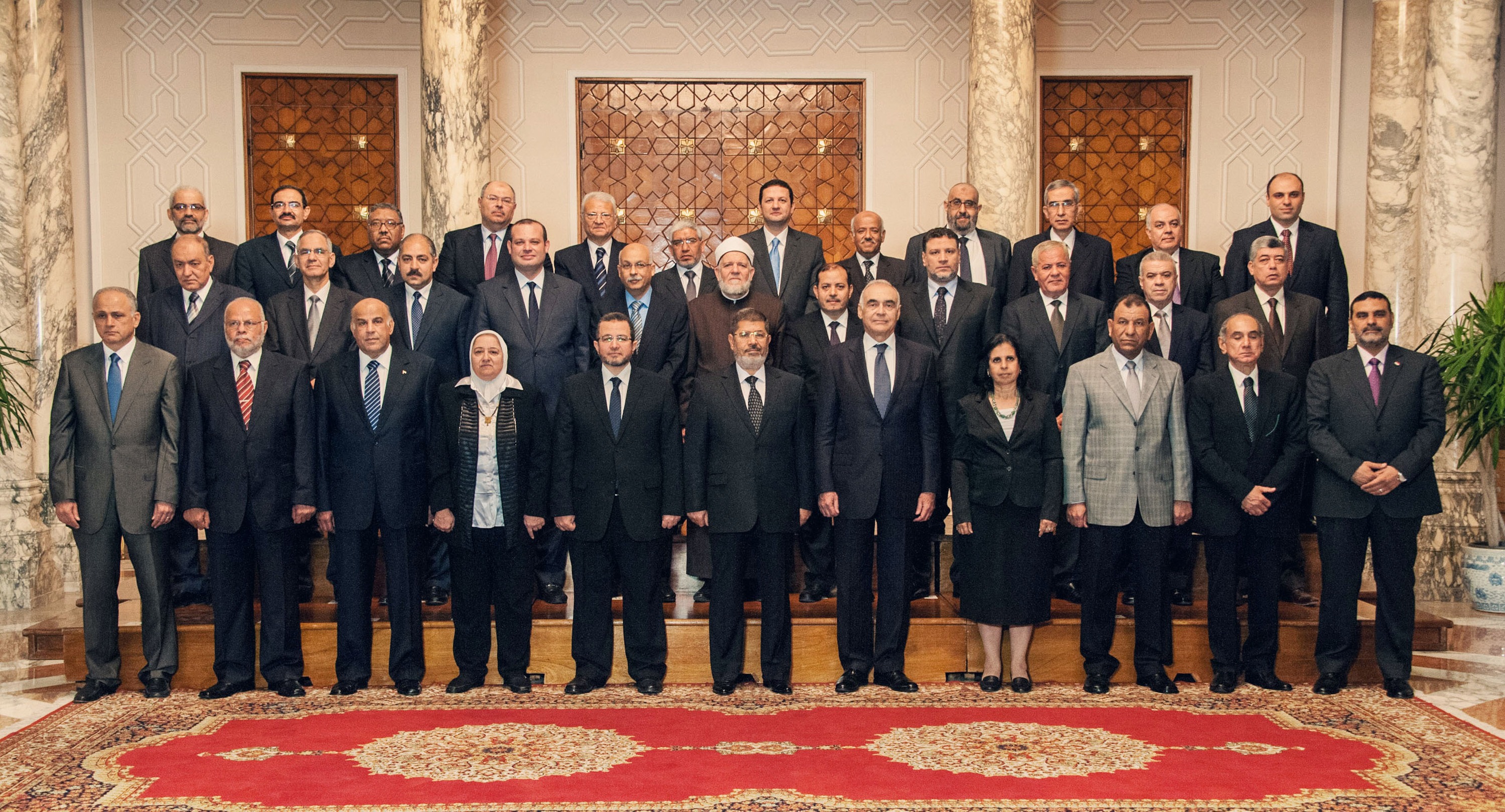ALEXANDRIA: US trade officials were in Egypt’s port city of Alexandria on Sunday to discuss expanding the country’s exports through the Generalized System of Preferences (GSP) program.
Designed to encourage trade with emerging markets and enacted by US congress in 1970, GSP offers duty-free access to the American market for a wide array of producers and products.
Due to lack of knowledge about the program, Egypt, unlike many Asian and North African countries, has not yet fully utilized GSP to its advantage.
In 2010, US imports from Egypt amounted to about $2.2 billion; while GSP products constituted only 2 percent of that — about $51 million.
“Tunisia exports more to the US under GSP, which is a shame because I think Egypt has much more to offer,” Deputy Assistant US Trade Representative William Jackson said.
“The US government is committed to helping Egypt grow its economy in order to create more jobs for its citizens. We hope that Egypt will take advantage of GSP,” he added.
At a similar event for Egyptian exporters in Cairo on Monday, US Ambassador to Egypt Anne Patterson said, “Our goal is to help Egyptian businesses to increase and diversify their exports to the United States, using GSP and other programs, as a way to increase prosperity and employment in Egypt.”
The GSP program eliminates duties on over 3,400 products entering the US market from Egypt and other developing countries.
Explaining the program’s advantages to a room full of Alexandria business owners, Jackson said that despite America’s need for many of Egypt’s diverse exports, the country has not been taking advantage of GSP.
“As your country emerges from last year’s events and plays an even larger role in the world’s economy, I’m confident that GSP will be a helpful tool,” said Jackson referring to Egypt’s January 25 uprising, which toppled former president Hosni Mubarak.
In cooperation with the American Center in Alexandria, the Alexandria Business Association (ABA) brought together small and medium business leaders as well as the city’s leading exporters with US trade officials.
With this being the first event of its kind in Alexandria, ABA said it will set up a support center specifically designed to explain GSP to local traders.
“ABA will create a support center for GSP for the benefit of the country, to boost trading for Egypt — and it will be open for the Alexandria community to benefit from the program,” said Mohamed Ghatwary, ABA chairman.
“This seminar was planned at the most opportune time, a time that offers challenges and opportunities,” Ghatwary added.
“Egypt needs support from all friends and allies to move forward; people playing the ‘wait-and-see’ game will not be winners this time, it’s now or never.”
Also sponsoring the seminar was Medlevant Shipping.
Merihan Shaat, Hapag-Lloyd export sales officer in Alexandria, said their company was hoping for more ventures this year.
“We believe that exports will rise this year for Egypt. We are hoping to learn today what more we can do to allow for growth,” she told Daily News Egypt.
At the meeting, participants discussed the broad range of Egyptian goods eligible for duty-free entry to the US market under the GSP program, with a special focus on underutilized product categories. Exporters also consulted individually with Jackson and other US officials about trade opportunities in their sectors.
GSP also allows businesses and exporters to petition to add products not listed under the program’s permissible duty-free items.
In fact, over the years, Egypt has petitioned to add two aluminum products to the program, as well as four agricultural products including potatoes, spinach, beans and mixtures of vegetables.
Coming from Cairo, Ahmed Diab, logistics coordinator for Pico Modern Agriculture Co., said he hoped to get answers to his questions by having one-on-one discussions with Jackson and representatives coming from the executive office of the president.
“We export perishables, like strawberries… from what I understand, many of them are not in the list of items under GSP,” he told DNE. “So, I’m here … hoping to understand more and ask question.”
Egypt is among 129 countries that have access to the program. Remarkably, although the program could have saved Egyptian traders millions of dollars over the past years, none of the exporters at the conference knew of the idea.
Jackson pointed out that when Egyptian traders want to introduce or trade more of one of the program’s specific products to the US, GSP could easily be used as a marketing tool, encouraging American importers by letting them know that this is a product you can claim and receive refunds for when filing taxes.
Egypt’s top GSP exports over the years have been aluminum, accounting for $14.1 million, while building stone amounted for about $5.8 million, and vegetables, which amounted to $.24 million.
Most manufactured items such as jewelry, several agricultural products, chemicals, minerals, marbles, and many kinds of carpets are among the GSP eligible products. However, most textiles, apparel, watches, footwear, luggage, or handbags are not listed.
“The United States will do all it can to help Egypt develop its private sector and reach its full economic potential, building a partnership based on mutual interest and mutual respect that is stronger than ever before,” Patterson said.

